
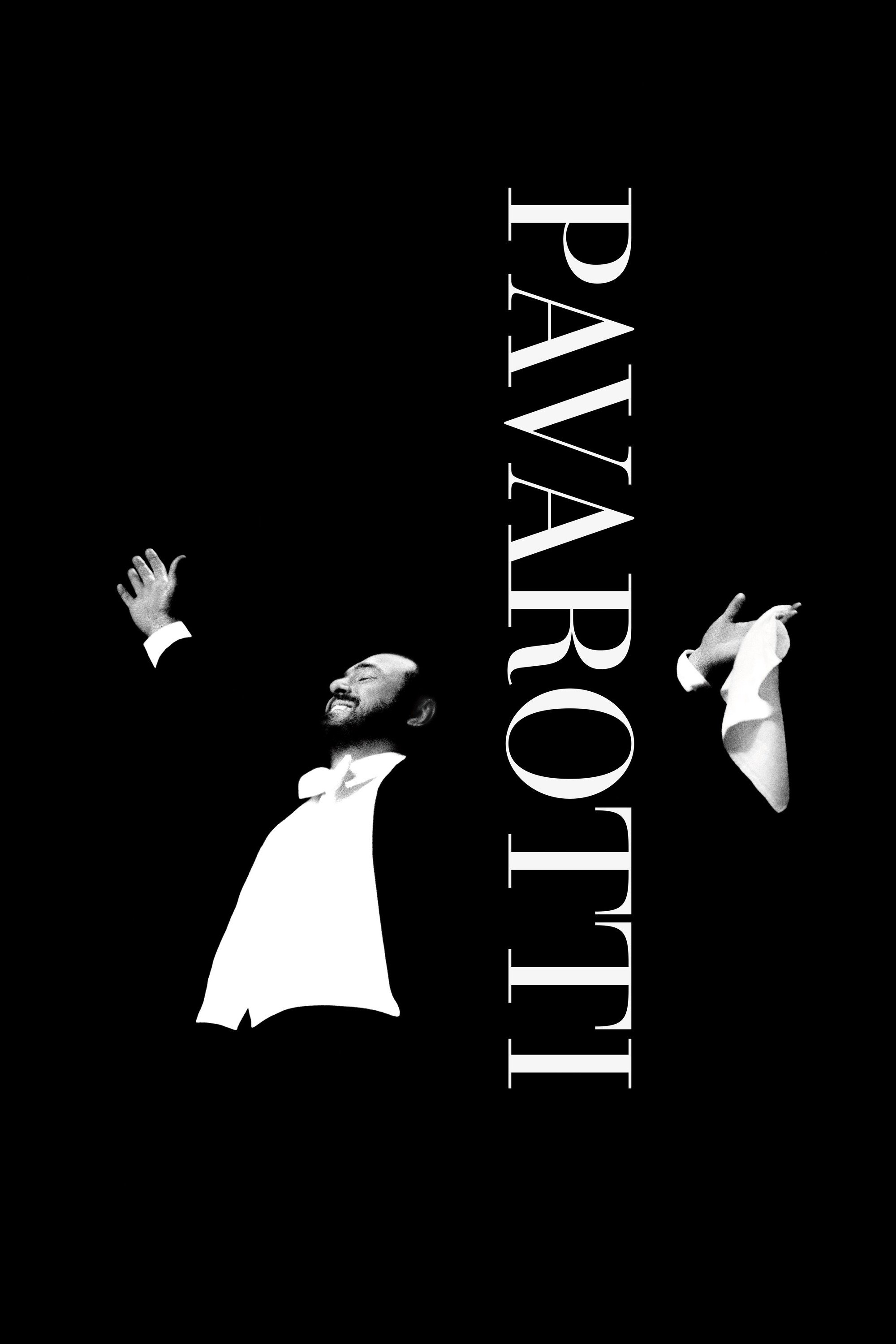
Featuring never-before-seen footage, concert performances and intimate interviews, filmmaker Ron Howard examines the life and career of famed opera tenor Luciano Pavarotti.
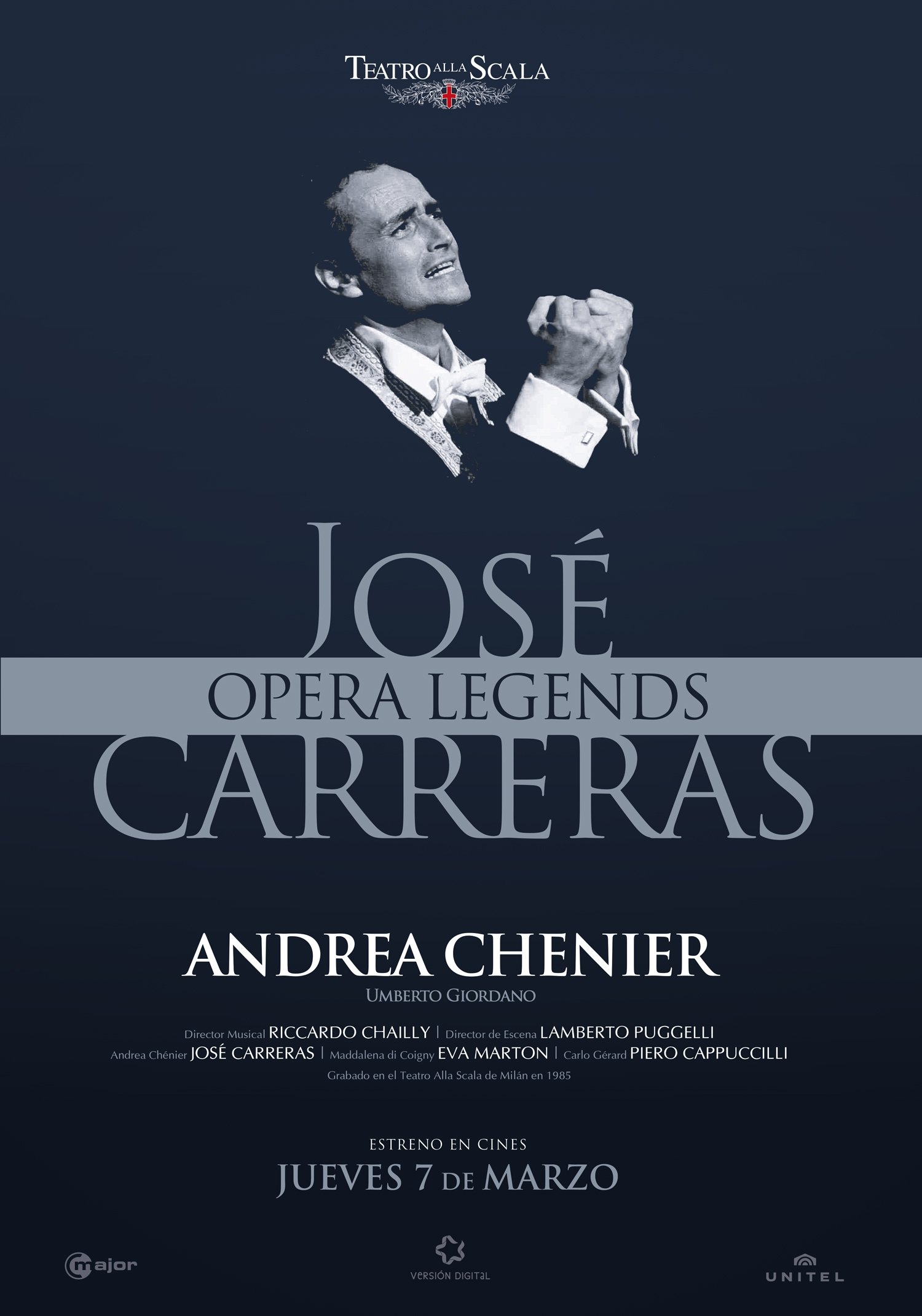
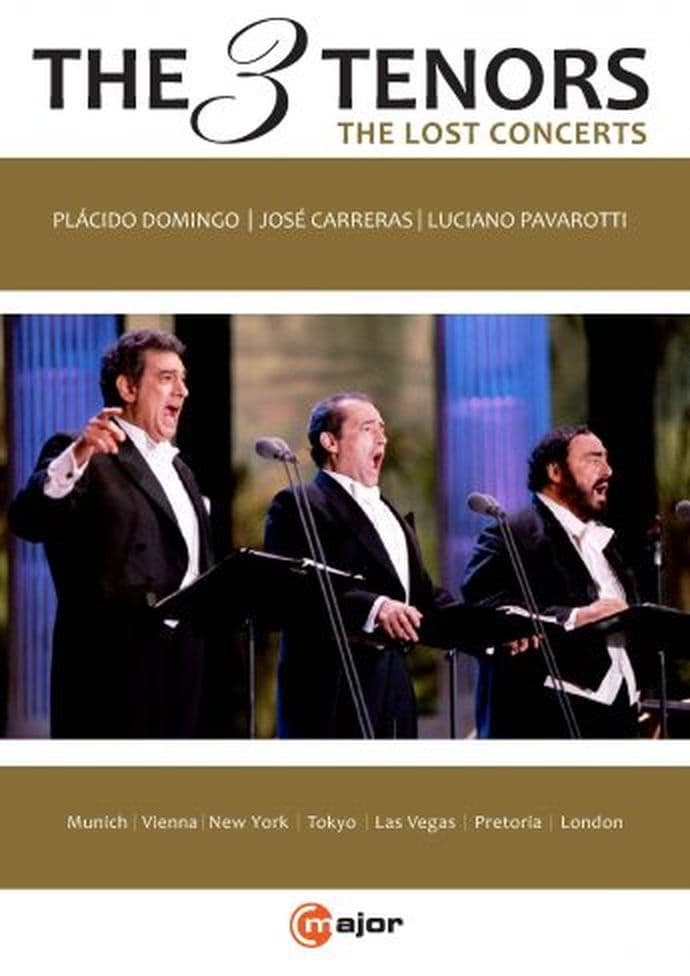
The Three Tenors began their collaboration with a performance at the ancient Baths of Caracalla in Rome, the eve of the 1990 FIFA World Cup Final. Following the big success of the 1990/1994 concerts, The Three Tenors opened a world tour of 31 concerts, the last one in 2003. Seven of these 31 concerts had been recorded for TV but disappeared somewhere in London. All attempts to bring back these invaluable recordings to the audience failed. Now, after all these years, C Major in cooperation with Three Tenors Ltd. managed to assemble the most beautiful moments of six lost concerts in Munich, Tokyo, London, Vienna, New York and Pretoria.
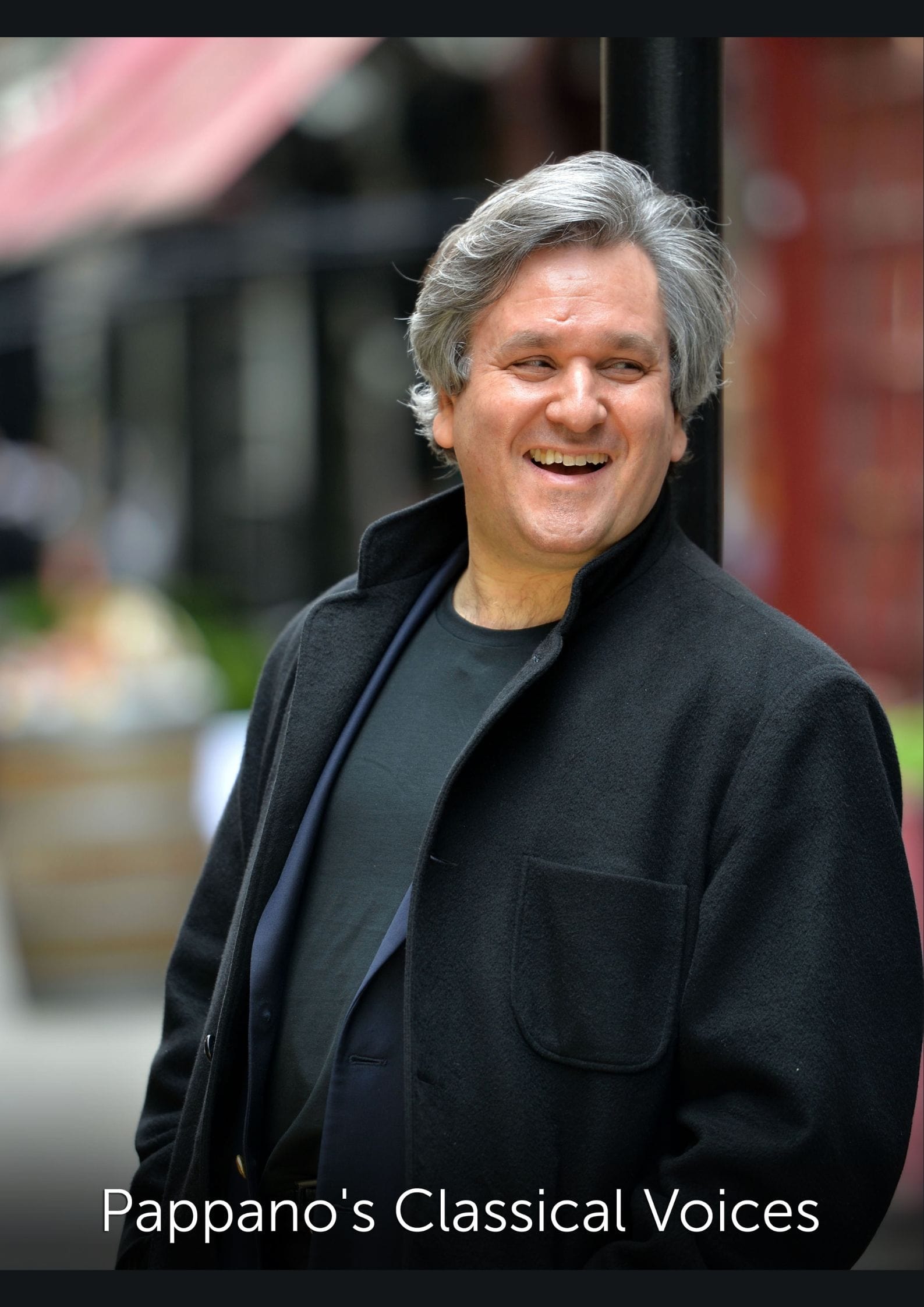
Sir Antonio Pappano explores the great roles and the greatest singers of the last 100 years through the prism of the main classical voice types - soprano, tenor, mezzo-soprano, baritone and bass.
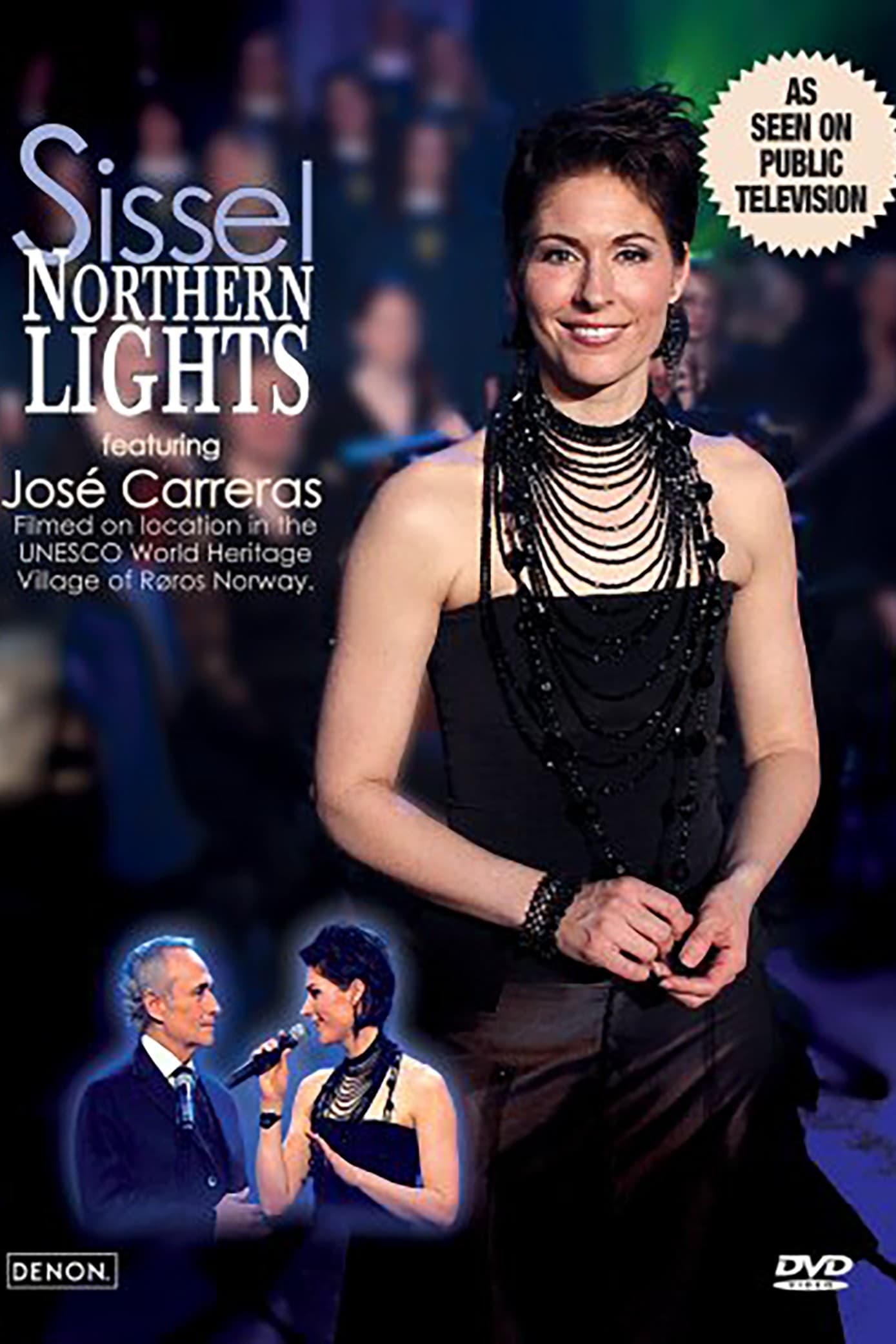
Northern Lights is a live album and was released in the US in 2007. The recording is of a concert in Bergstadens Ziir, a church from the 17th Century in Røros. The album was inspired by Norway’s winter, the Blye Hour, and the mystical Northern Lights.
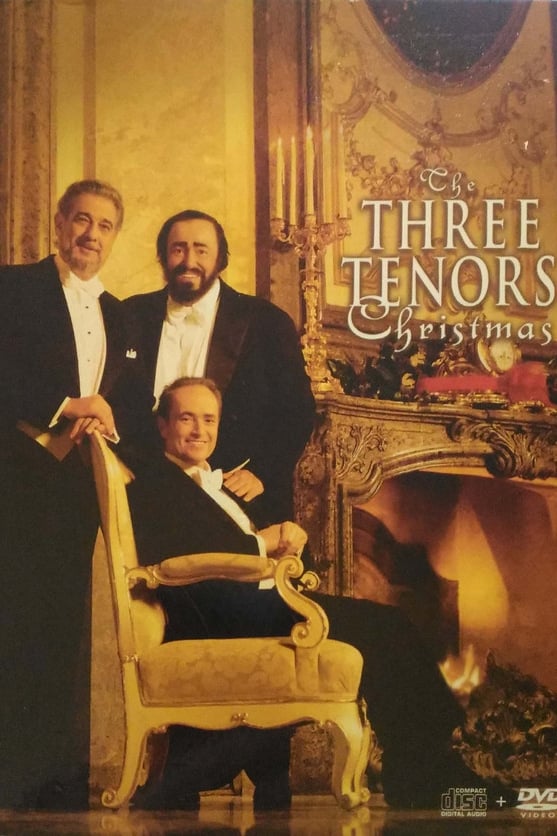
The Three Tenors capture the joy and spirit of the season with their first ever Christmas concert, live from Vienna, featuring performances of international seasonal favorites by the best-selling and world-renowned trio. Enjoy the gifts of The Three Tenors and be part of the holiday event of the year.
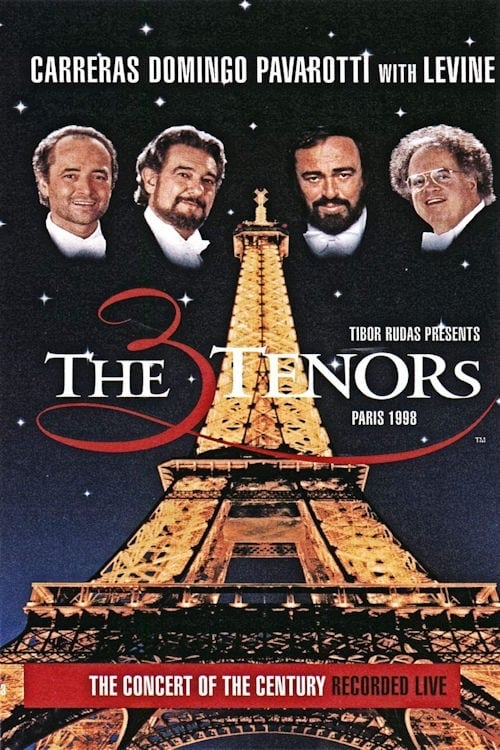
The Three Tenors: Paris 1998 (re-released with the subtitle The Concert of the Century) is a live album by José Carreras, Plácido Domingo, and Luciano Pavarotti with conductor James Levine. The album was recorded at a Three Tenors concert on 10 July 1998 during celebrations for the FIFA World Cup. The concert took place in front of the Eiffel Tower on the Champ de Mars in Paris, France. The Orchestre de Paris accompanied the singers. The audience at the live concert numbered around 150,000 people.[2] A sound system and large screens were placed along the Champ de Mars for the crowds further back to see and hear the performance.[2] Producer Tibor Rudas claimed prior to the concert that 2 billion viewers were expected to watch the televised performance worldwide.[3]
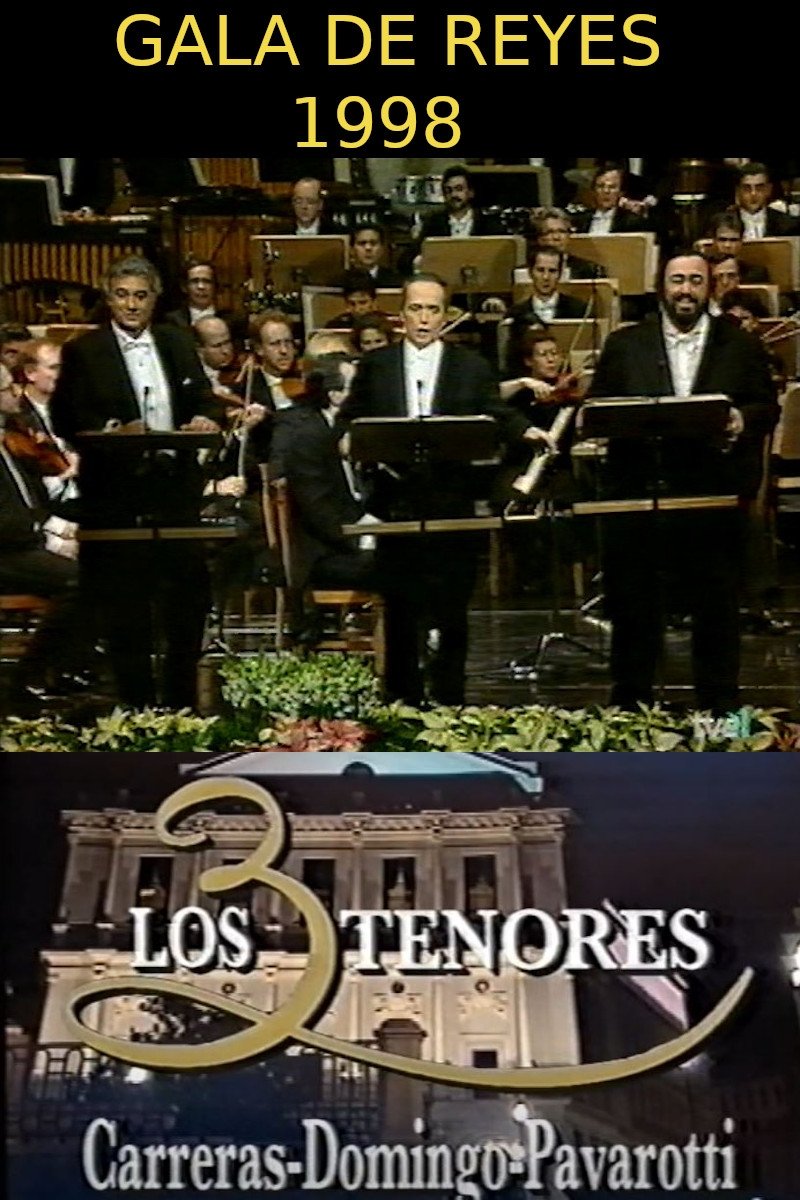
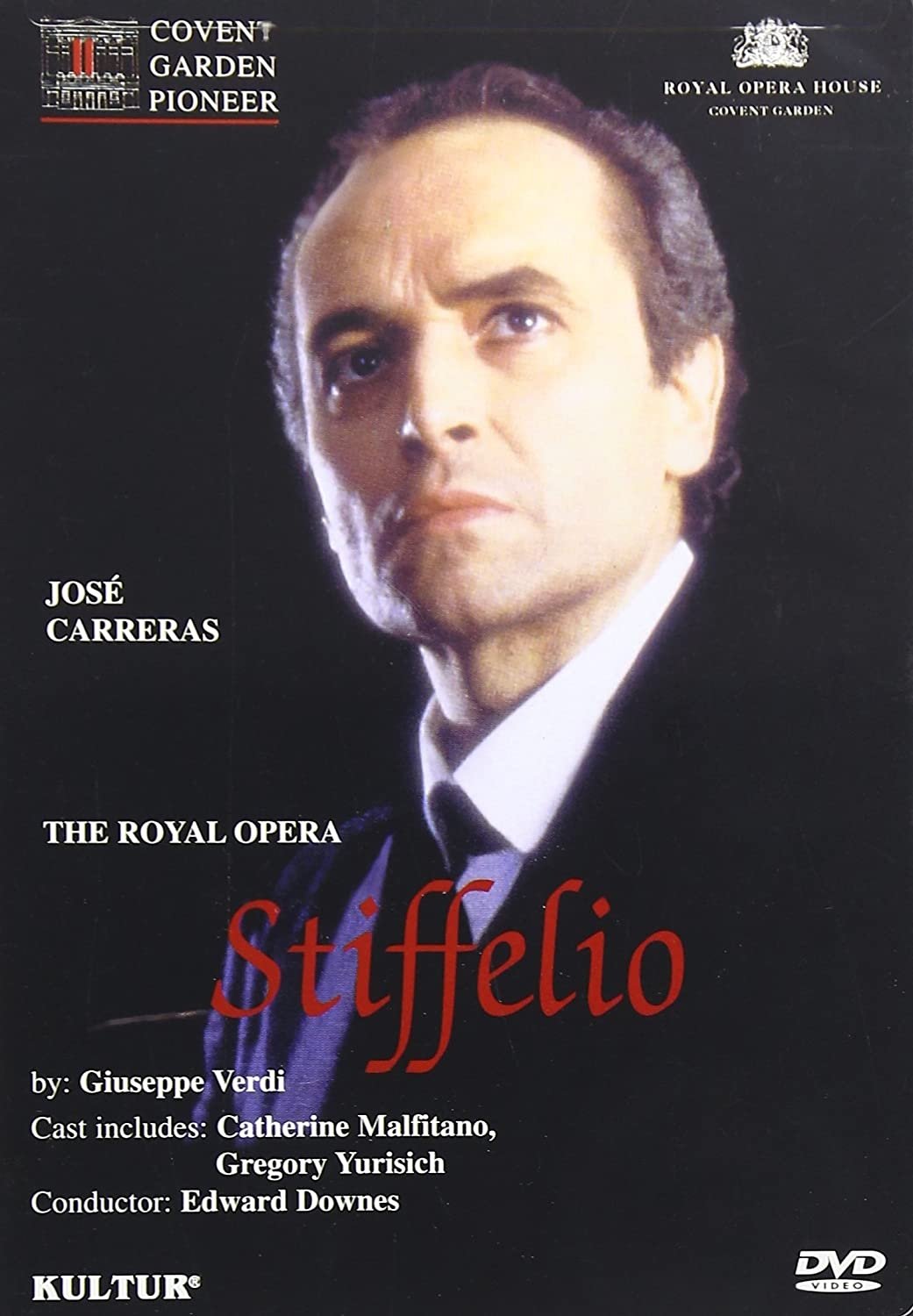
Stiffelio is considered "early Verdi" to musiclogists who classify things, but, in reality, it is a final transition between the maestro's earlier (but most enjoyable) works, and the mature craftsmanship of Rigoletto. Preceded by Luisa Miller (q.v.), there is more dramatic intensity and story line than in the earlier works. The plot centers around Stiffelio, a minister, who discovers that his wife, Mina, has been unfaithful.
Josep Maria Carreras Coll (Catalan: [ʒuˈzɛb məˈɾi.ə kəˈreɾəs ˈkɔʎ]; born 5 December 1946), better known as José Carreras (/kəˈrɛərəs/, Spanish: [xoˈse kaˈreɾas]), is a Spanish operatic tenor who is particularly known for his performances in the operas of Donizetti, Verdi and Puccini. Born in Barcelona, he made his debut on the operatic stage at 11 as Trujamán in Manuel de Falla's El retablo de Maese Pedro, and went on to a career that encompassed over 60 roles, performing in the world's leading opera houses and on numerous recordings. He gained fame with a wider audience as one of the Three Tenors, with Plácido Domingo and Luciano Pavarotti, in a series of large concerts from 1990 to 2003. He is also known for his humanitarian work as president of the José Carreras International Leukaemia Foundation (La Fundació Internacional Josep Carreras per a la Lluita contra la Leucèmia), which he established following his own recovery from the disease in 1988. Carreras was born in Sants, a working-class district in Barcelona. He was the youngest of Antònia Coll i Saigi and Josep Carreras i Soler's three children. In 1951, his family emigrated to Argentina in search of a better life. However, this move abroad proved unsuccessful, and within a year they had returned to Sants where Carreras was to spend the rest of his childhood and teenage years. He showed an early talent for music and particularly singing, which intensified at the age of six when he saw Mario Lanza in The Great Caruso. The story recounted in his autobiography and numerous interviews is that after seeing the film, Carreras sang the arias incessantly to his family, especially "La donna è mobile", often locking himself in the family's bathroom when they became exasperated with his impromptu concerts. At that point, his parents, with the encouragement of his grandfather Salvador Coll, an amateur baritone, found the money for music lessons for him. At first he studied piano and voice with Magda Prunera, the mother of one of his childhood friends, and at the age of eight, he also started taking music lessons at Barcelona's Municipal Conservatory. At just eight years old, he also gave his first public performance, singing "La donna è mobile", accompanied by Magda Prunera on the piano, on Spanish National Radio. A recording of this still exists and can be heard on the video biography, José Carreras – A Life Story. On 3 January 1958, at the age of eleven, he made his debut in Barcelona's great opera house, the Gran Teatre del Liceu, singing the boy soprano role of Trujamán in Manuel de Falla's El retablo de Maese Pedro. A few months later, he sang for the last time as a boy soprano at the Liceu in the second act of La Bohème. Throughout his teenage years, he continued to study music, moving on to the Conservatori Superior de Música del Liceu and taking private voice lessons, first with Francisco Puig and later with Juan Ruax, whom Carreras has described as his "artistic father". Following the advice of his father and brother, who felt that he needed a "backup" career, he also entered the University of Barcelona to study chemistry, but after two years he left the university to concentrate on singing. ... Source: Article "José Carreras" from Wikipedia in English, licensed under CC-BY-SA 3.0.
By browsing this website, you accept our cookies policy.